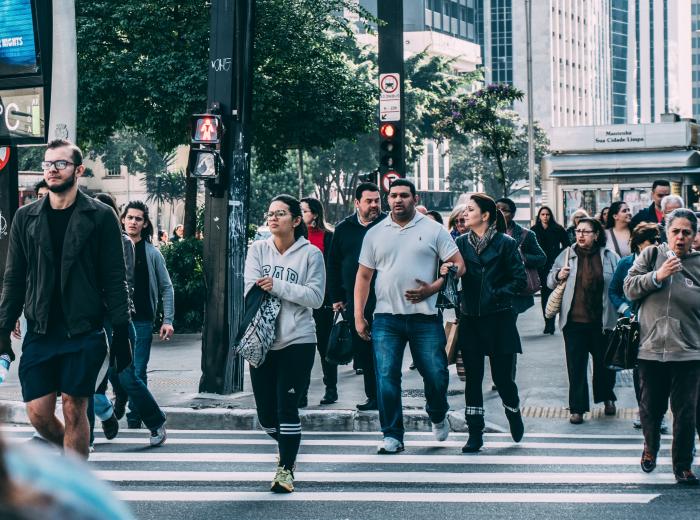If you have lived with severe anxiety at some point in your life, you can probably relate to the two pieces of information below:
• An anxious person spends an exorbitant amount of time thinking about the future
• The “future world” created by an anxious person is often filled with an ongoing series of catastrophes
Anxious people tend to spend a lot more time focusing on potential future events than focus on what is happening in the present. Also, anxious people tend to spend a lot more time focusing on all of the negative things that might happen in the future and a lot less time focusing on the many neutral or positive things that could happen in the future.
In other words, the problem with anxiety is almost always about what could happen, not about what is actually happening. An anxious person often lives in the world of “what-ifs.”
• What if I say something weird and embarrass myself in front of people at the party?
• What if these heart palpitations are the beginning of a heart attack?
• What if I don’t get that promotion because I was late yesterday?
• What if I say something at the meeting and my colleagues don’t think I sound smart?
• What if my child gets into a car accident on the way to the fieldtrip?
• What if people don’t think I look pretty in this picture I posted?
• What if this sudden swollen lymph node is the first sign of cancer?
• What if my spouse loses interest in me because I’ve gained weight?
With this type of thinking, the possibilities are endless because anything can happen in your mind. On any given day, an anxious person might have lived through half a dozen worst case scenarios. It can be quite exhausting.
In cognitive therapy, we call this “catastrophizing.” When we catastrophize, we take ordinary everyday life experiences and blow them out of proportion. If there are a thousand possible outcomes in a given situation, an anxious person will spend all their time focusing on the possible 1 or 2 negative outcomes and ignore the hundreds of possible neutral or positive outcomes.
But here is something critical to keep in mind: Extensive research shows that people with anxiety tend to overestimate the likelihood of a threat happening AND they tend to overestimate the intensity of that threat if that threat were to actually happen. Let this sink in. Basically, the very thing an anxious person is worried about happening is less likely to happen than a neutral or even positive thing happening. Equally important, if the very thing an anxious person dreads actually does happen, it will likely not be nearly as terrible as they imagined it would be.
Let’s look at an example. Sophia is afraid of public speaking. Before giving a speech or class presentation, she conjures up dramatic images of her saying something stupid and the audience subsequently bursting into laughter or looking at her like she is a complete idiot. Sophia’s anxiety keeps her from seeing that it is much more likely that she will get through the presentation or speech without saying something stupid. It also keeps her from understanding that she is giving way too much power to the consequence of her saying something stupid. Even in the worst-case scenario of her saying something stupid, it is likely that people would either not notice what she said or not give it much thought if they did notice. The speech or presentation would go on and people would forget about it as quickly as it happened.
In summary, anxious people give too much attention to things that are not likely to happen. They also assume that these feared events are much more powerful and impacting than they are in reality.
So, how do anxious people stop this pattern?
1. Spend more time focusing on the present than on the future. No amount of overthinking or worrying can change future events. The more one focuses on the present, the less one tends to experience anxiety.
2. If you catch yourself thinking about the future, reframe your thoughts and practice thinking about all of the possible positive or neutral outcomes that could happen in each scenario. Start engaging in more realistic thinking.
Learning new ways of thinking can take a lot of practice and time. It has likely taken an anxious person years to develop unhelpful thinking patterns so it will take time to unlearn this way of thinking. But with persistence and consistency, it is possible to develop a less anxious and more realistic perspective on life.




